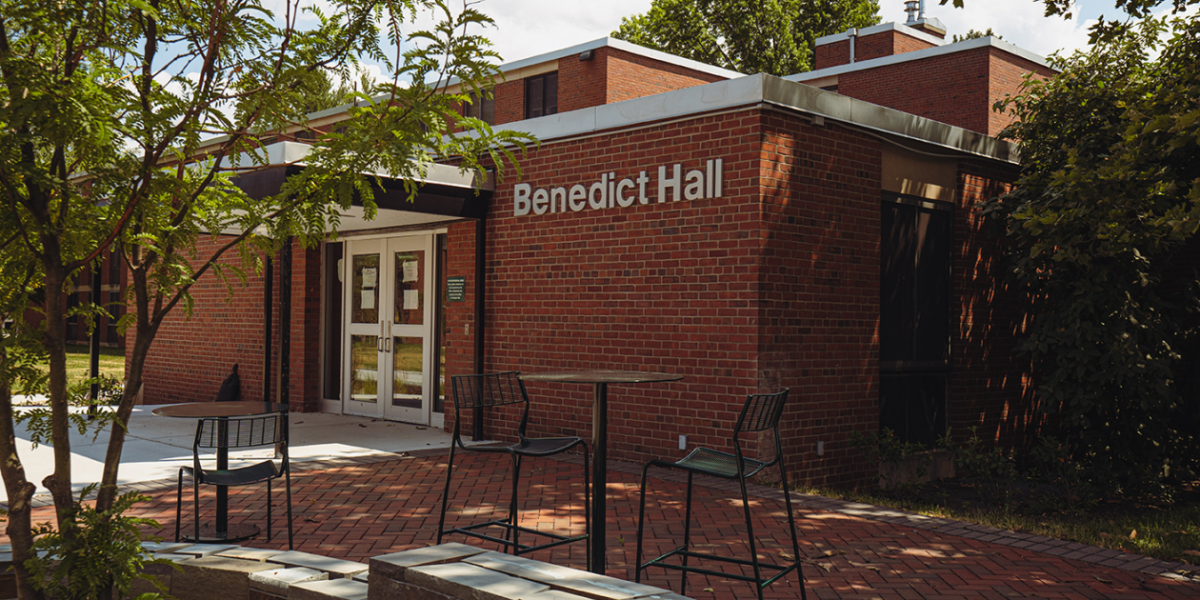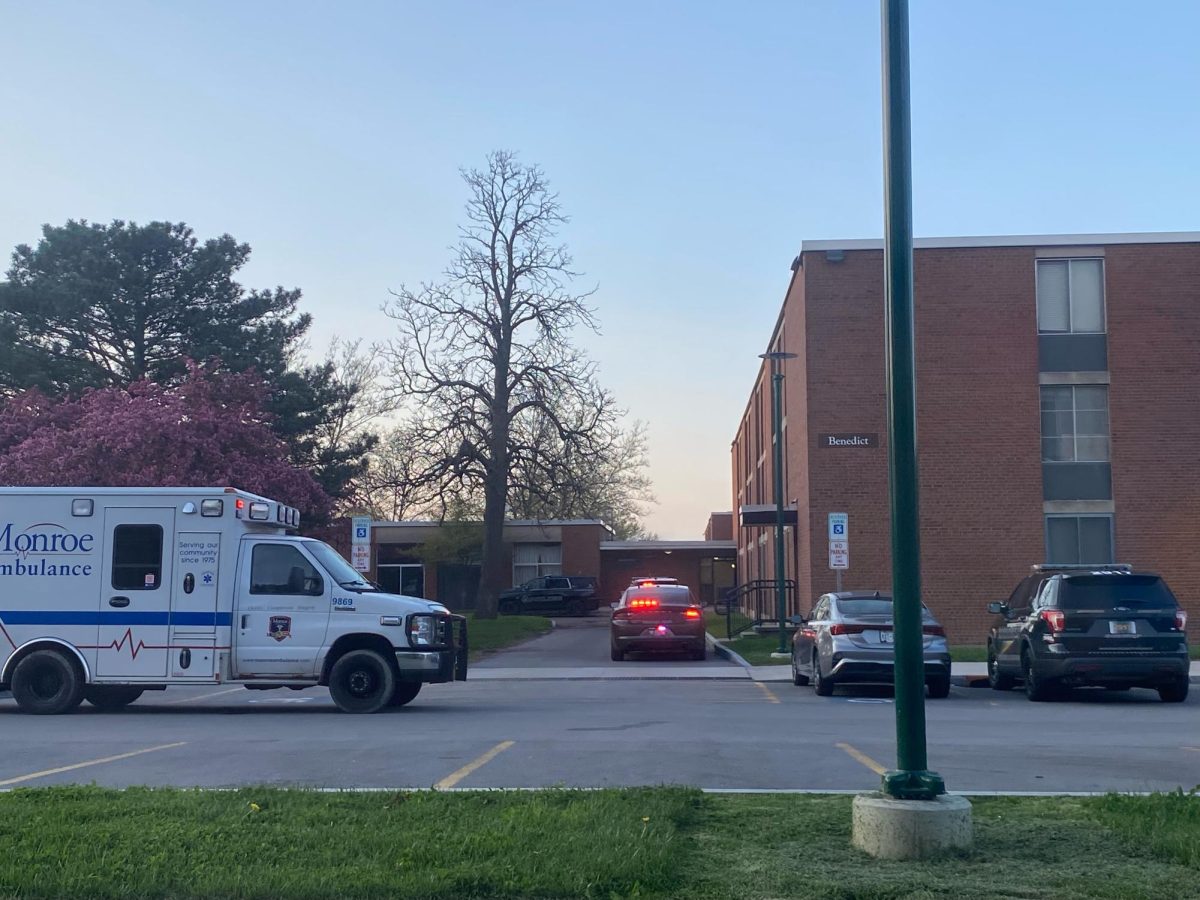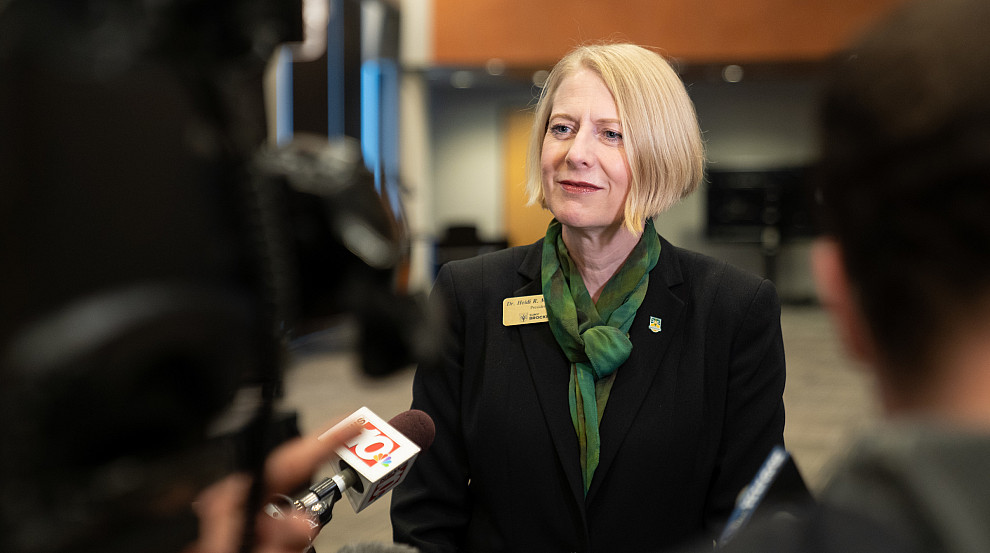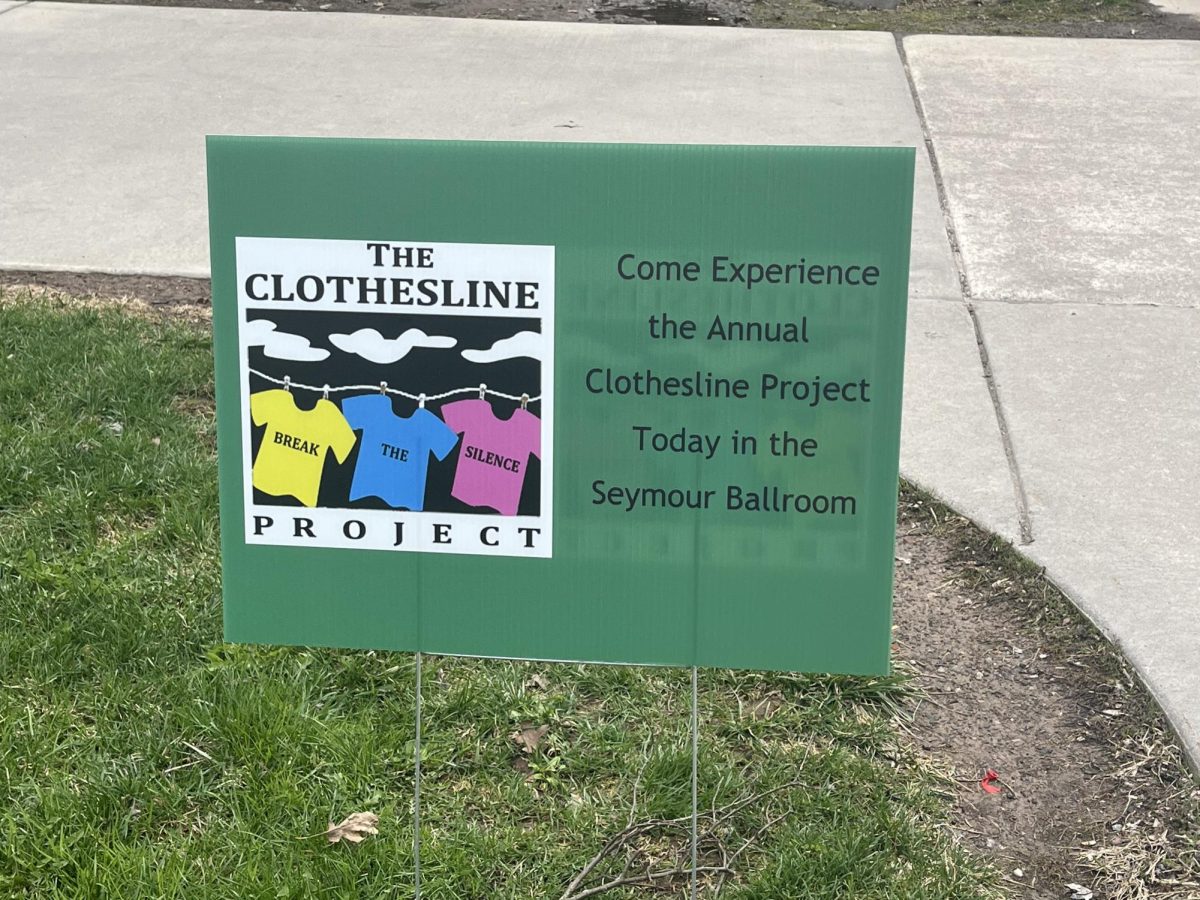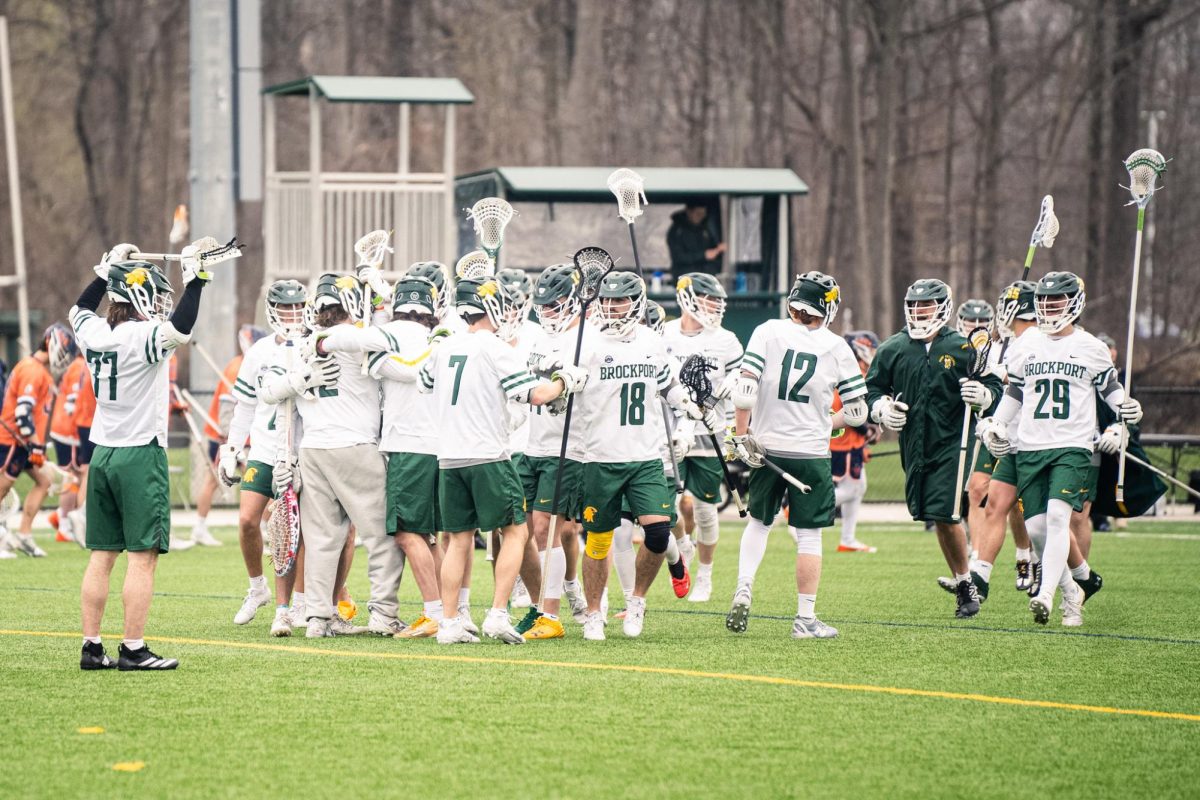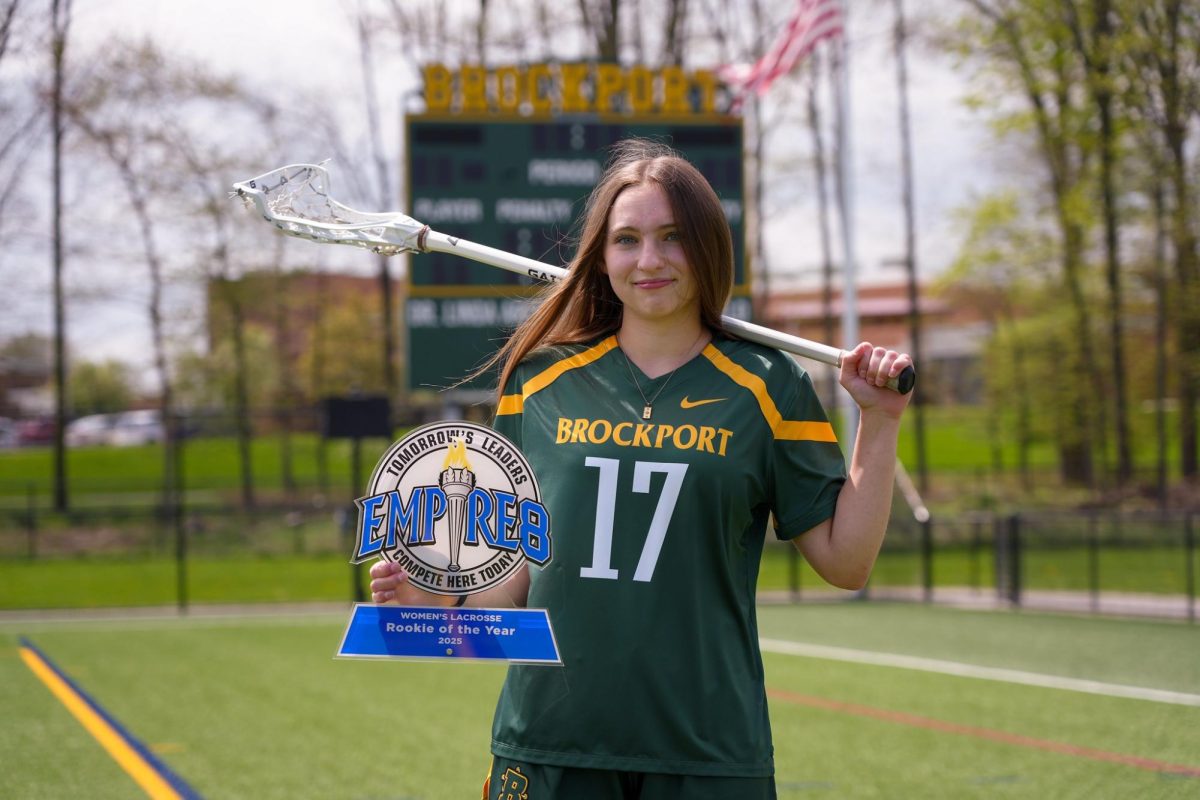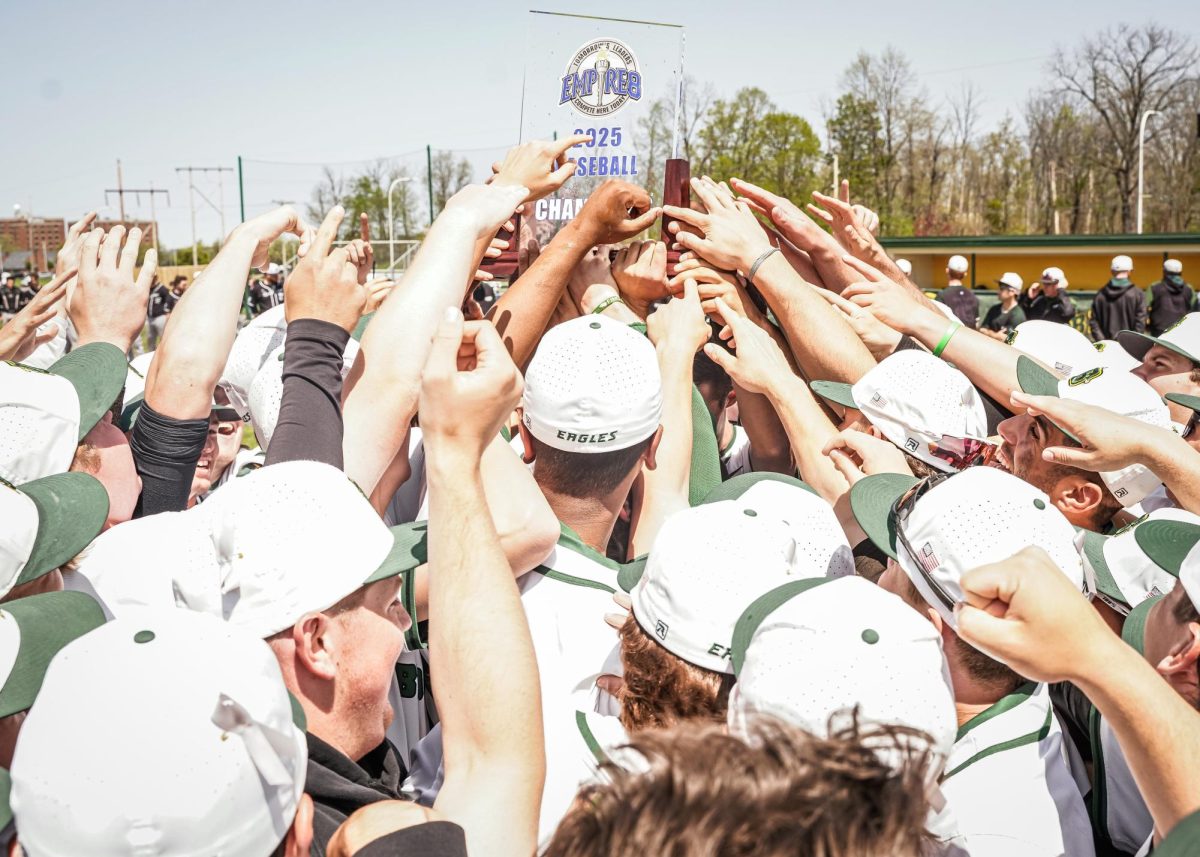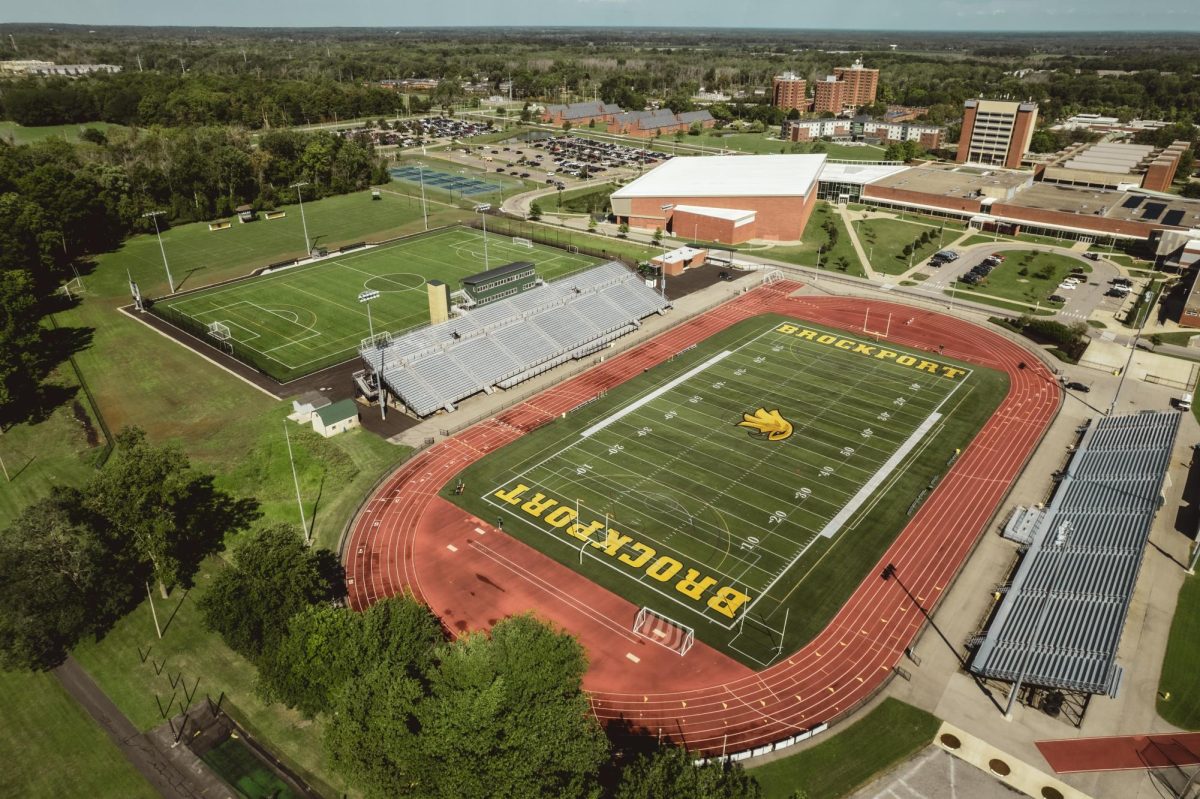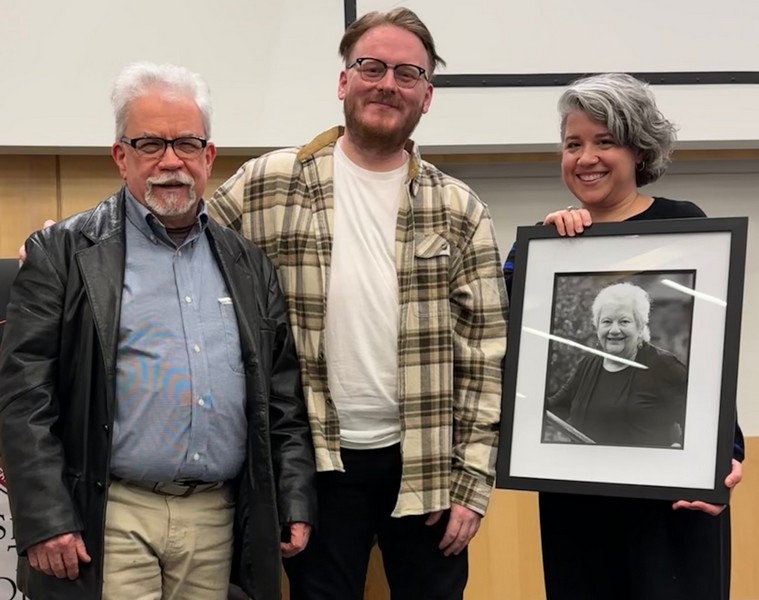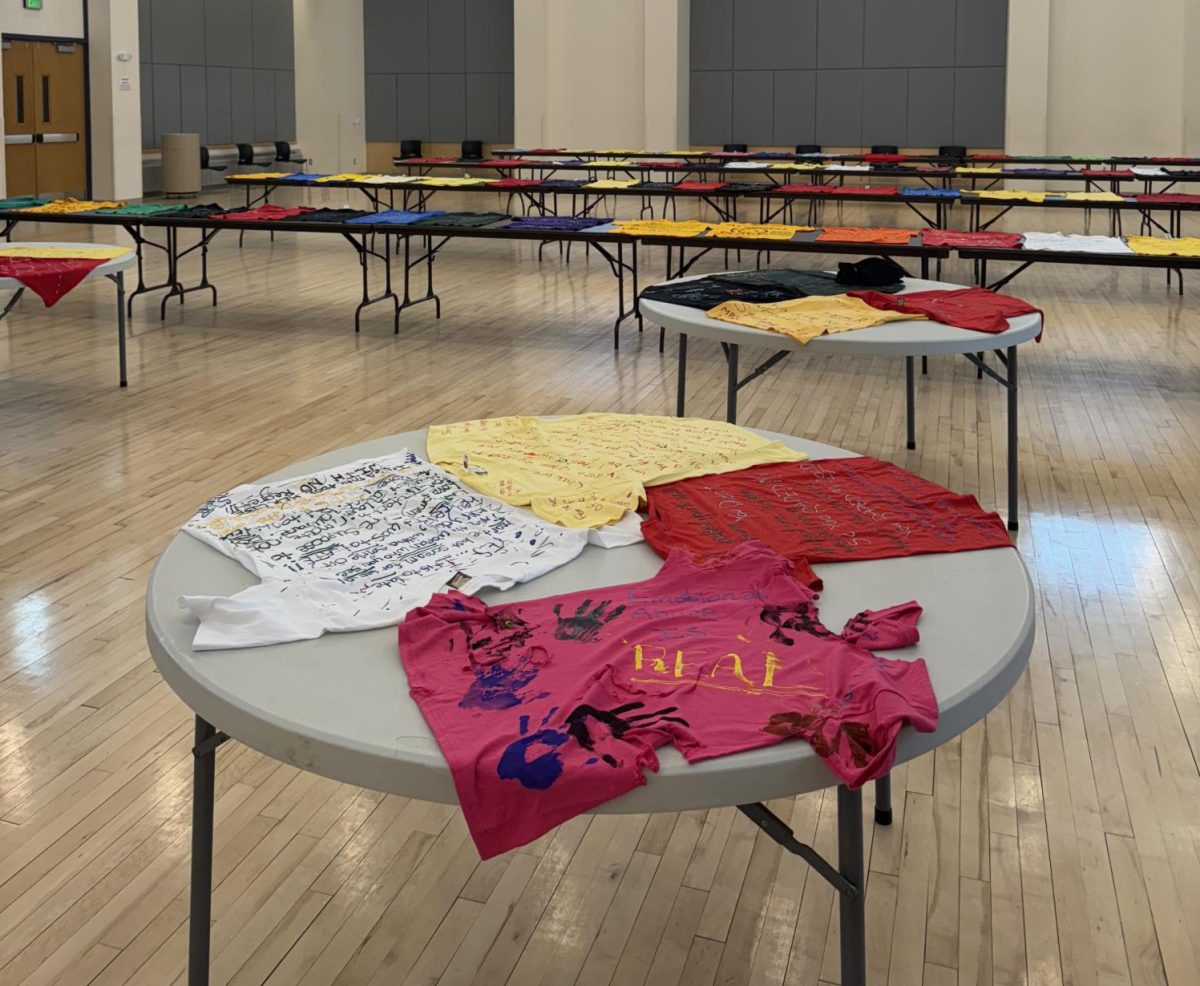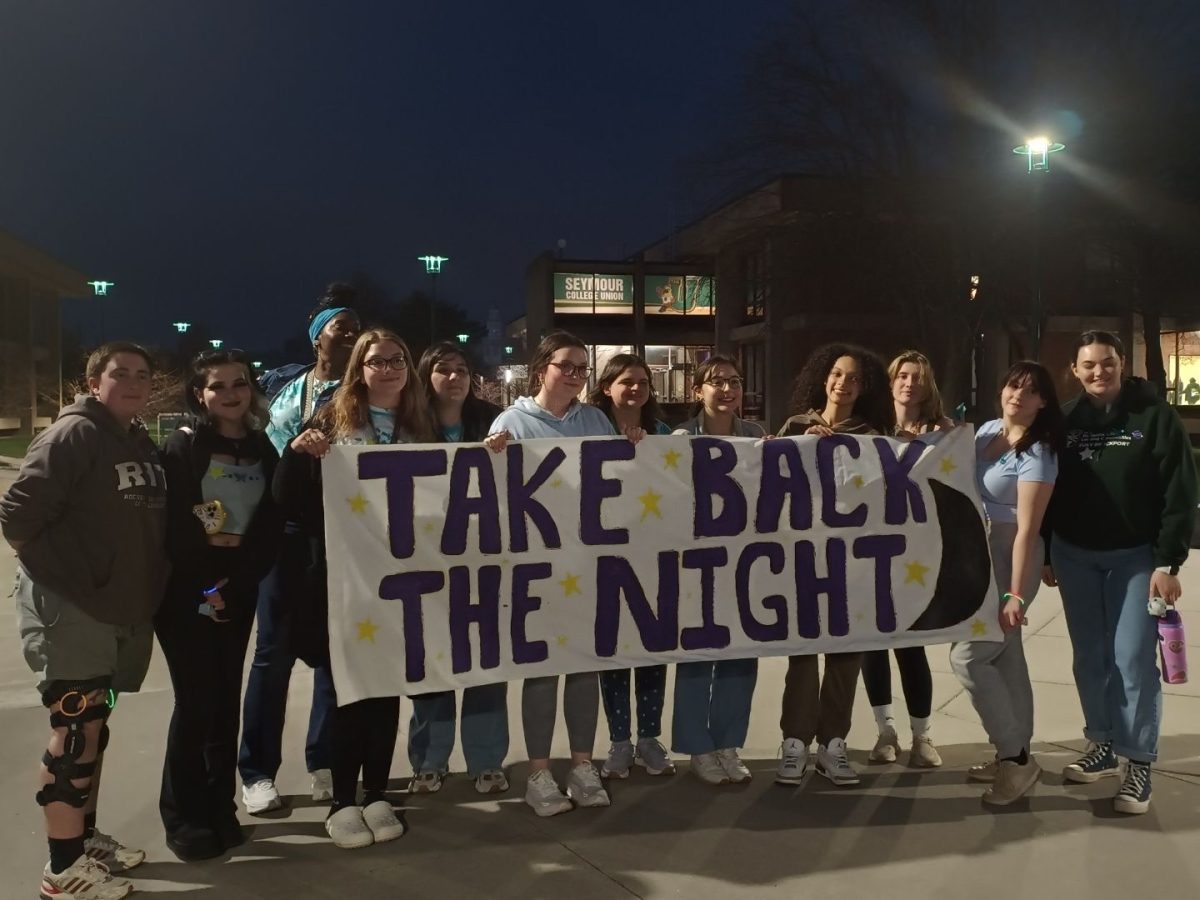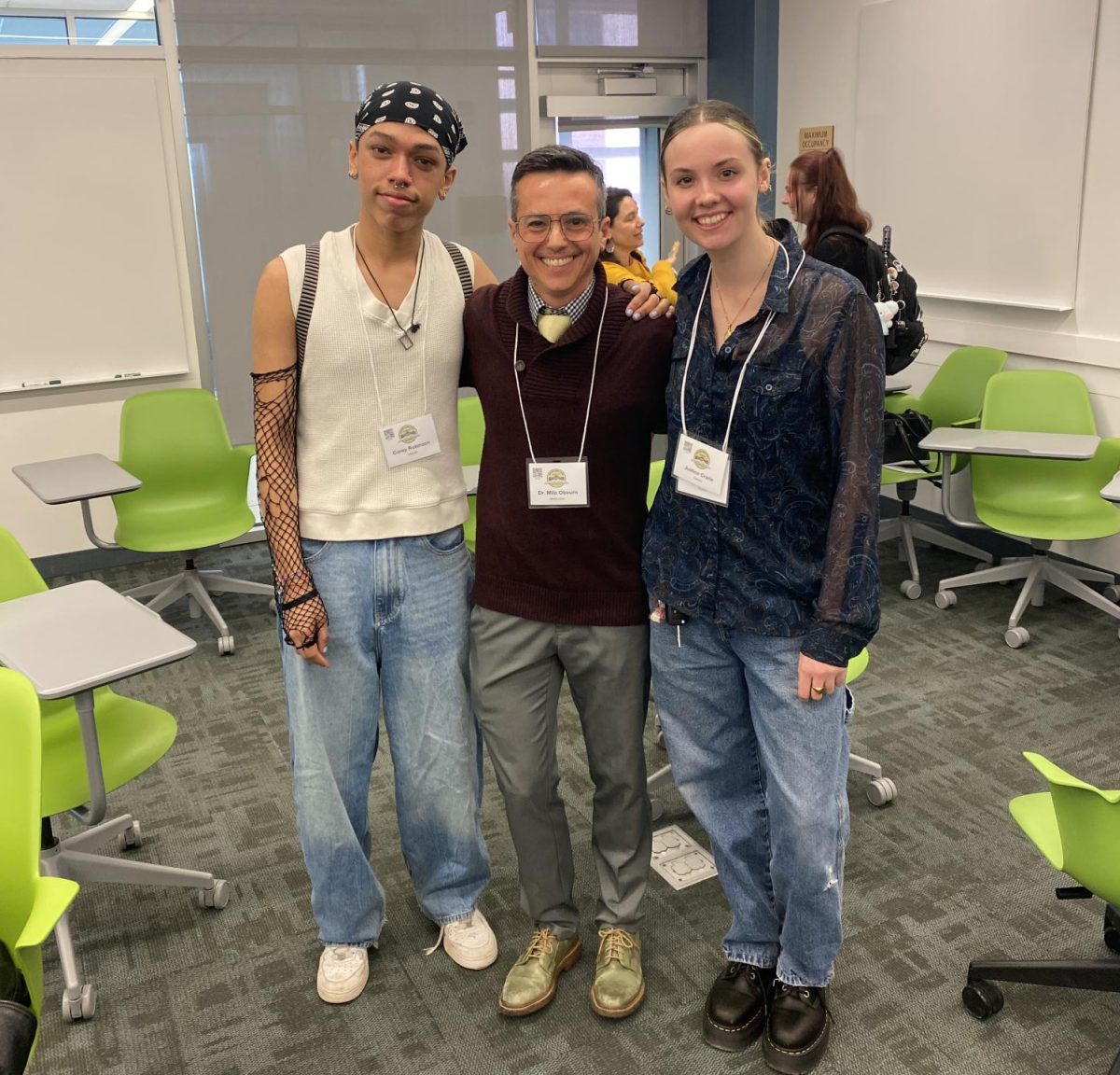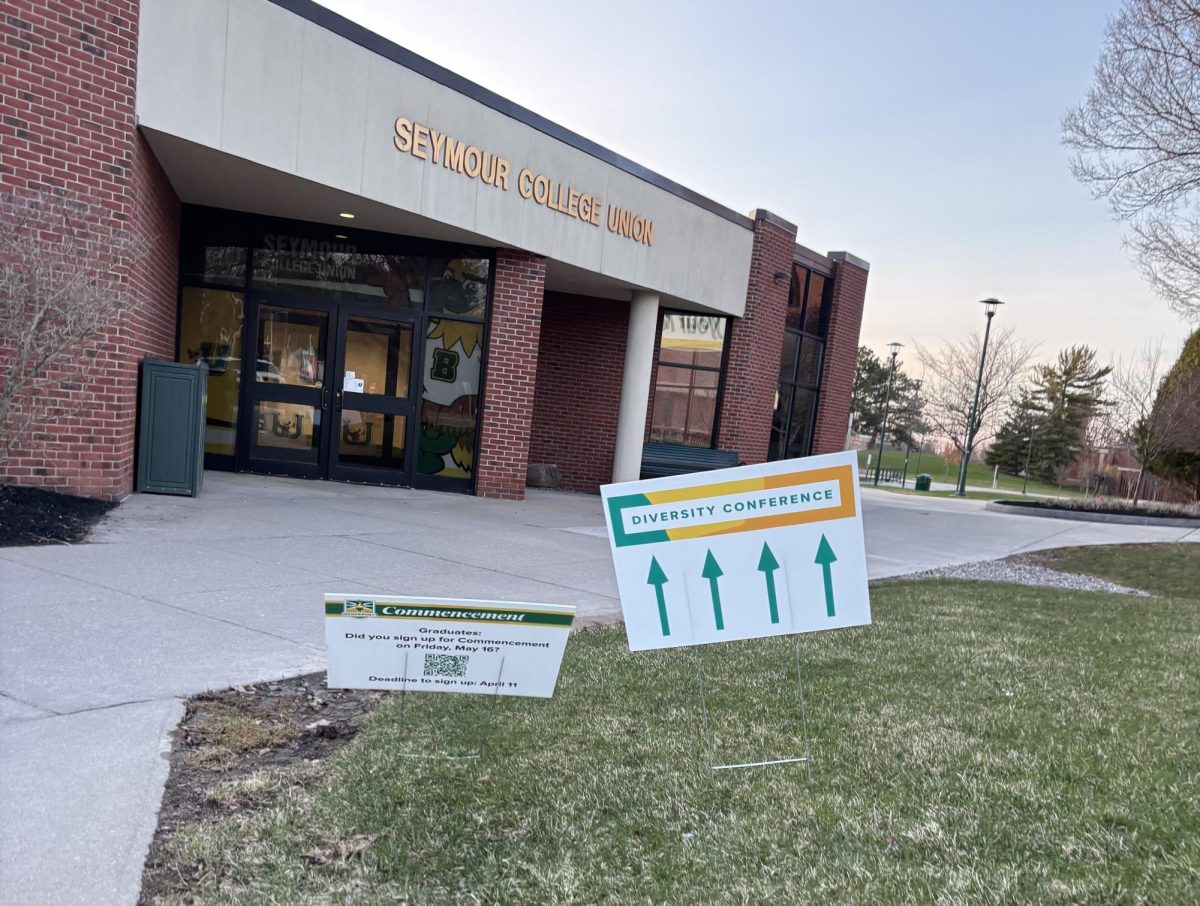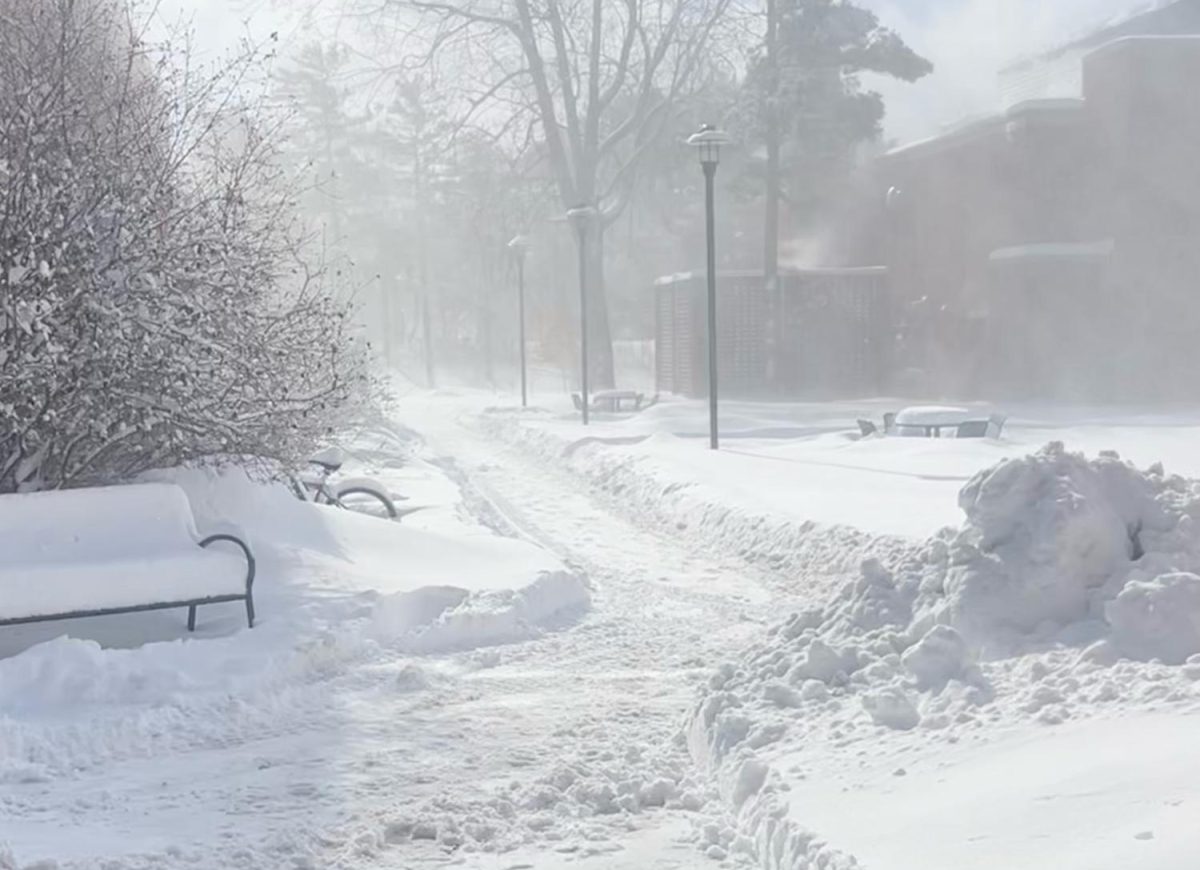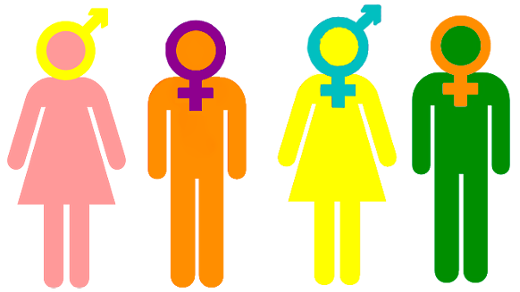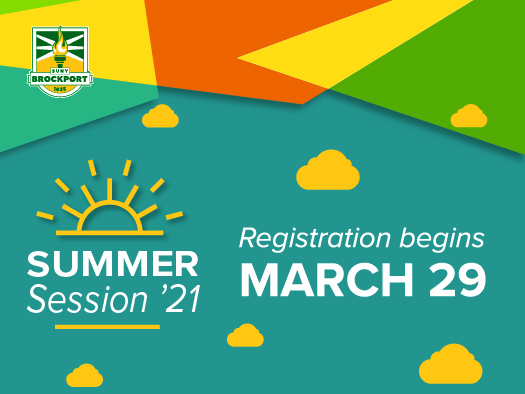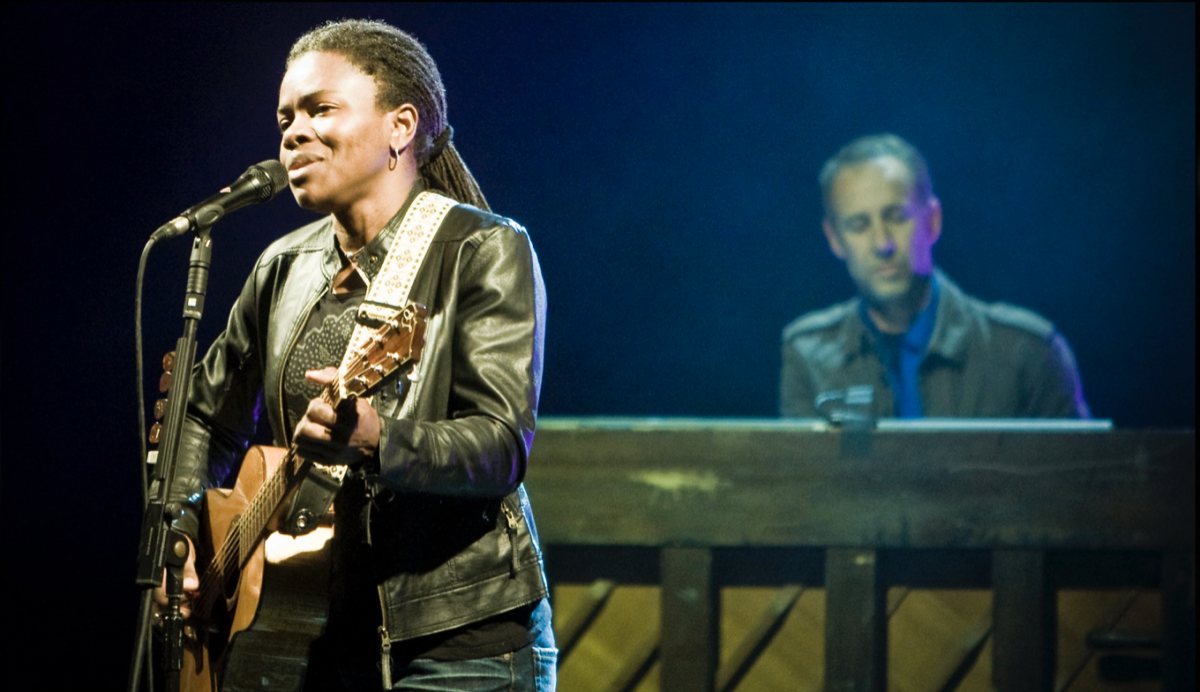By Joe Tomlinson / Lifestyles Editor
SUNY Brockport hosted a workshop on the topic of queer power: interrogating our barriers to supporting LGBTIA+ students on Friday, March 12.
The virtual event was a continuation of last semester’s 21 day racial equity challenge centered on equity, diversity and inclusion. The event was facilitated by Milo Obourn, Ph.D., chair of the department of women and gender studies and Mathew Hall, assistant director of prevention and outreach services. Interim Chief Diversity Officer (CDO) Lorraine Acker was in attendance, along with several other faculty members and students.
One of the goals of the workshop was to provide a clear definition of the power structures within society that oppress marginalized gender and sexual identities. In addition, how those structures are utilized to perpetuate colonialism, white supremacy and sexism. The main objective was to equip participants with the tools to break from these structures and their oppressive norms and better support LGBTQIA+ students.
Attendees of the event were broken up into smaller groups to discuss how identity shapes and influences our daily life. They were asked to consider how being mislabeled or misidentified by another person made them feel and what norms were in play.
Obourn went on to detail the ignorant beliefs that resurface as transphobia and homophobia in the real world.
“Another assumption underlying transphobia and homophobia is that gender, sex or sexual identities that fall outside of the cisgender dyadic and heterosexual are considered exceptions,” Obourn said. “And those exceptions could be considered morally wrong, unusual or a strange aberration. Even at best they are often considered to be an exception that needs to be accommodated within the norm.”
An additional assumption constituting transphobia and homophobia is that people are expected to tell another person who they are based on the way they look or act or what information may be on their identification or birth certificate.
The workshop closed by highlighting areas where SUNY Brockport can grow when it comes to aiding LGBTQIA+ students. The first action point is to create institutional systems through peer educators and graduate assistants to support LGBTQIA+ programs. Greater focus on data collection and analysis was stressed in order to gain a better demographic understanding of the LGBTQIA+ community and their needs.
Lastly, it is crucial to have cross-campus support for equity, diversity and inclusion as well as the LGBTQIA+ community at Brockport to the point where it is intersectional and normalized in all spaces.

